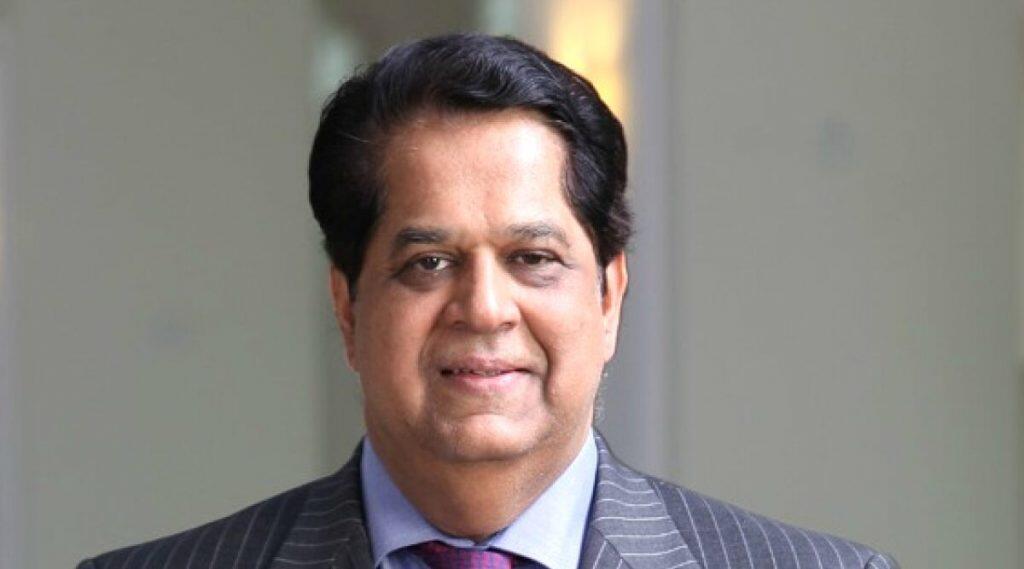Recent rumours are swirling that the Finance Minister of India may be changed. It is being discussed that FM Nirmala Sitharaman might likely be replaced by KV Kamath, who recently demitted office at BRICS bank. As FM, Sitharaman might not have lived up to expectations from the post. As per normal schedule, Parliament’s Monsoon Session should be held soon, although it is a big question as to how this can happen in the present COVID-linked restrictions and travel for MPs, like all others, being a risky proposition. A Cabinet change normally does not take place in the middle of a Parliament session.
The first Modi government saw abrupt changes in portfolios all through its five-year-term. The Defence Ministry remained virtually rudderless for quite some time, when Arun Jaitley held both Finance and Defence, and possibly could do justice to neither. This, after Manohar Parrikar opted out of Defence Ministry to go back to Goa as Chief Minister for another term. Then stepped in Nirmala Sitharaman. In Modi’s second term, Defence went to Rajnath Singh and Finance to Sitharaman. This may have been necessitated after the demise of strongman Arun Jaitley.
Prime Minister Modi’s concerns for matters concerning Finance Ministry are understandable. It is a known fact that the BJP does not have a long term economic agenda on which the party proposes to steer the country forward. Based on a particular philosophy that banks completely on a limited vision of Hindoo religion, the party has never opted to create a think tank on economic issues. The long period spent in the Opposition benches could not teach the BJP to create a format on which fiscal, trade, industry or even currency would be considered as effective tools for future governance. In a densely populated and poor country like India, the party has always thought it appropriate to whip up religious sentiments to garner votes. The sudden emergence of Narendra Modi on the national scene in 2013, prior to elections, gave a boost to the image of the BJP. Perceived as a vociferous and strong leader, Modi seemed completely different from a namby pamby Manmohan Singh, who could neither speak nor act. The country had kind of become tired with the inept and corrupt Congress-led UPA government at the Centre for one whole decade. The second term of the UPA could be attributed to the slight display of decisiveness of the ruling class in the issue of the US-India Nuclear Treaty. However, the government of that time was punctured from within by people with ulterior after-retirement motives. Individuals like former CAG Vinod Rai could convince the whole nation that massive corruption had taken place in scams like 2G Spectrum and Coal blocks allotments. Interestingly, not only this individual, like a few others, were given plum positions by the Modi government but also all the allegations relating to the Spectrum or Coal blocks scams have fallen flat after rebiddings failed to garner anything close to the estimated scam amounts.
Finance therefore is an Achilles Heel for the BJP. It may be appropriate to state that India desperately lacks any economist who has deep knowledge of actual poverty as well as the foresight to observe global financial trends. It is due to this deficit in quality thinking and manpower that we, as a nation, are being taken for a ride by bureaucrats of Finance Ministry and officials of banks. All this, while politicians keep blaming each other. It can, therefore, be said that if Sitharaman is replaced by Kamath, India’s fortunes will not be affected. Cosmetic changes will remain superficial and nothing long term will be gained. As election time comes close, the country will see a slew of economic promises for the poor. Whether people will fall for the same bait after a decade or not will decide India’s future.
